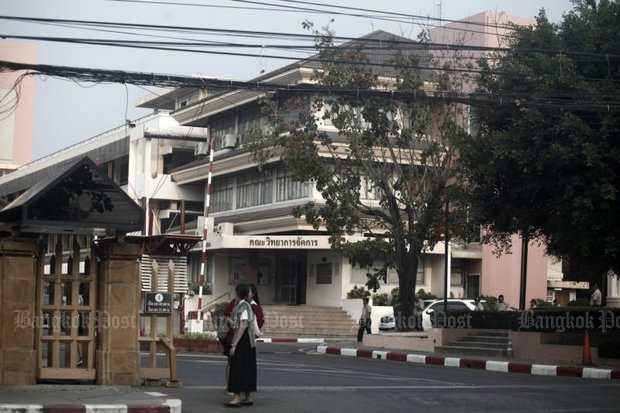
Thai universities need to move with the times as they brace for steadily declining enrolments, academics have warned.
They said new social trends could make some majors outdated.
The warning was raised by scholars who noticed a significant decrease in the number of students and changes in the labour market that will potentially have a big impact on non-scientific programmes.
Many universities have begun to encounter problems in running some curricula as the courses are devoid of students, they said.
The worst case scenario is some universities may be forced to shut down.
Those which want to stay financially healthy may have to close certain programmes, said Pong-In Rakariyatham, an academic whose expertise lies in university enrolment procedures.
"Majors in the social science field are likely to go first," he told a forum.
"One reason is it cannot compete with the scientific area which students prefer."
A total of 170 universities nationwide offer 4,100 curricula but not all are in great demand.
During last year's admission, the universities could take up to 156,216 prospective students to study various subjects, but only 105,046 applied for the entrance test, education officials said.
Behind this shortfall is a change in the education levels of women, Mr Pong-in said.
Many women who receive a higher education tend to marry late and this can affect the fertility rate, or the average number of children born per woman, he said.
The National Economic and Social Development Board expects the number of Thais in the school-age group (0-21 years) will fall to 20% of the population in 2040, a sharp drop from 62.3% in 1980.
The numbers are a wake-up call for university administrators to start thinking of changes in the number of students in each department, he said.
Rajabhat University is among those that need to reduce social science majors, suggested Somwang Phithiyanuwat, an education scholar of the Royal Society.
For public universities, Mr Somwang does not agree with attempting to win more funding by attracting students to fill university seats.
The idea cannot solve the problem at its root, he said.
Thammasat University is also aware of the declining number of students and is finding ways to strike a balance as the university is now considered too big, said Thammasat University rector Somkit Lertpaithoon.
In terms of quality, world-renowned universities have 25,000 students on average, but Thammasat has gone beyond that with 40,000 students, Mr Somkit said.
The current social trend is making the university consider downsizing, or even closing, some social science majors.
Among them are the university's top degree programmes -- law and journalism and mass communication, he said.
"We'll gradually reduce the number of new law students from 500 to 400 and 300 a year," he said.